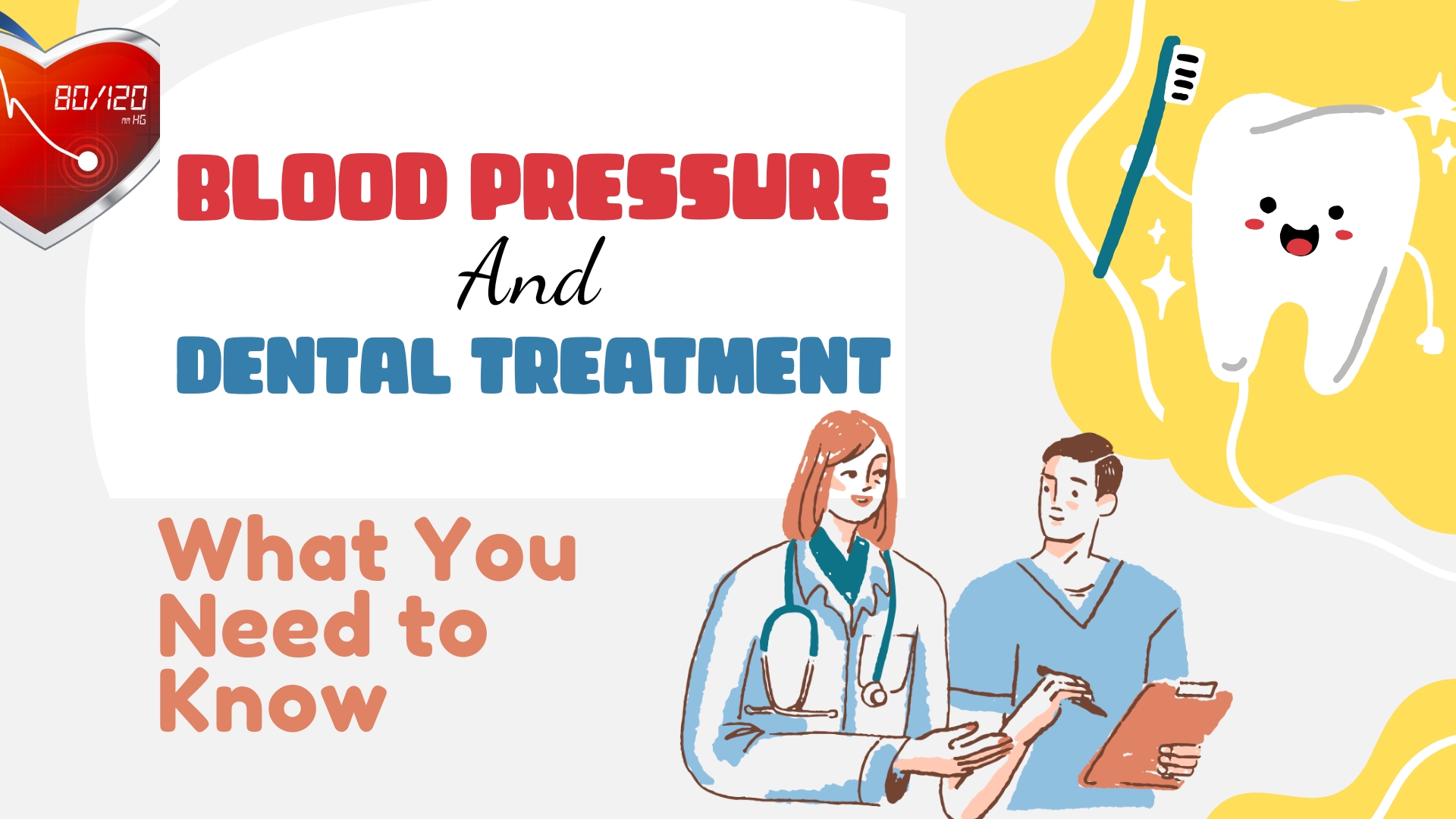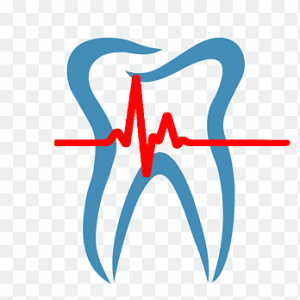

The blood pressure level considered too high for dental treatment can vary based on several factors, including the patient’s medical history, age, and specific dental procedure. In general, blood pressure above 180/110 mm Hg is considered significantly elevated, and dental treatment may need to be postponed or delayed until blood pressure is better controlled.
However, it is important to note that dental procedures and guidelines may vary, so it is important to consult with the patient’s dentist and health care provider to determine the most appropriate course of action.
An increase in blood pressure during dental treatment can pose risks, as stress and certain dental procedures can temporarily raise blood pressure. In some cases, dentists may recommend measures to help manage blood pressure during treatment, such as:
Blood pressure monitoring: Check blood pressure regularly before and during dental appointments to make sure it is within safe limits.
Medication management: For patients with known high blood pressure, ensure they have taken their prescribed anti-hypertensive medication prior to the appointment.
Stress reduction: Creating a calm and relaxing environment in the dental office to reduce stress and anxiety, which can affect blood pressure.
Informed Consent: Discussing the potential risks and benefits of dental treatment with the patient and ensuring that they are aware of the importance of blood pressure control.
Consult a doctor: If a patient’s blood pressure is persistently high and uncontrolled, the dentist may refer them to a physician or cardiologist to improve their blood pressure management.

An increase in blood pressure during dental treatment can pose risks, as stress and certain dental procedures can temporarily raise blood pressure. In some cases, dentists may recommend measures to help manage blood pressure during treatment.


Ultimately, the safety and well-being of the patient is paramount, and dental professionals will take the necessary steps to ensure that dental treatment is performed in a manner that minimises risks, including Monitor and manage blood pressure as needed.
Read more Medical blogs: Most common infectious diseases
For USA Scholarships 2023-2024: Check our recommendations here

Al-Fateh College
Lane 07,Park Road<Islamabad
051-8891008
umerchatha444@gmail.com
Mon – Fri 9:00A.M. – 5:00P.M.